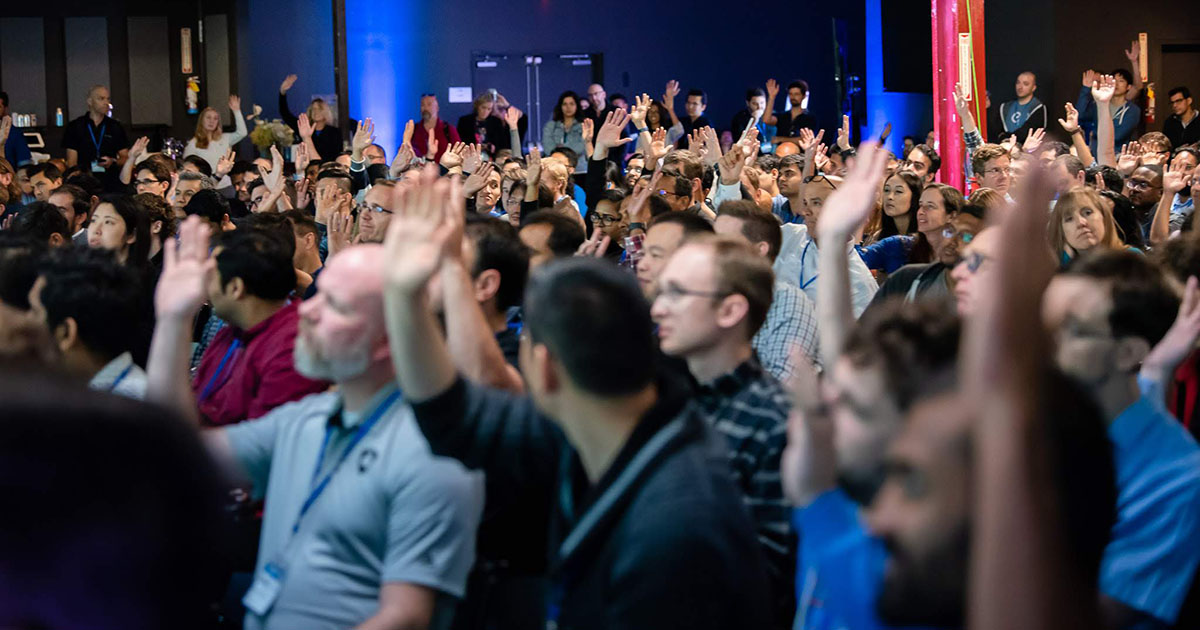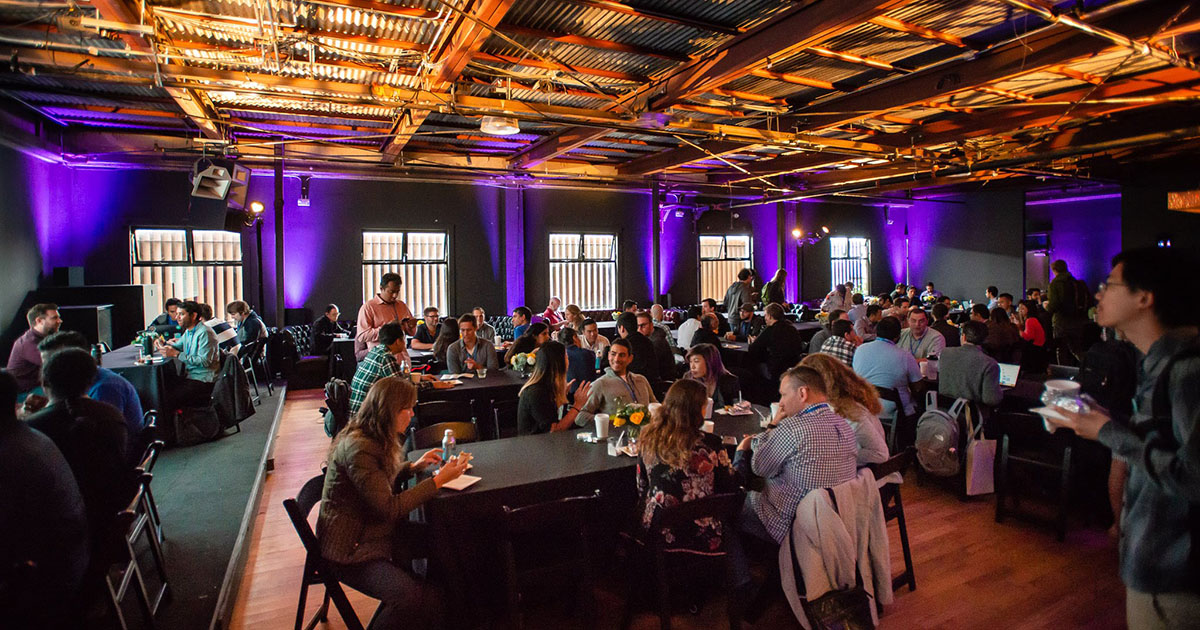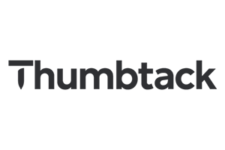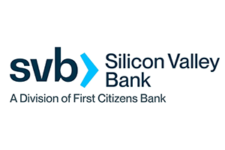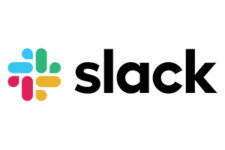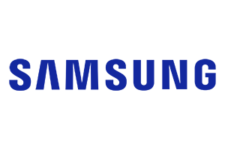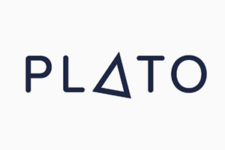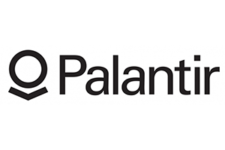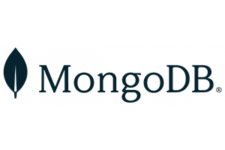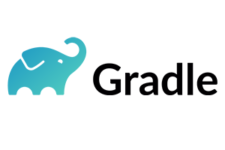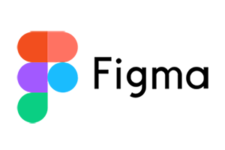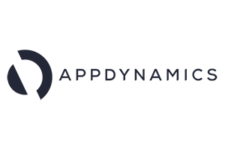The Future of AI in Event Planning
San Francisco, CA | Updated: 10/11/2024
As Artificial Intelligence (AI) continues to evolve, its role in event planning is expected to grow exponentially. From improving operational efficiency to offering hyper-personalized attendee experiences, AI is becoming a critical asset for event planners. In this article, we will explore the future trends and predictions for AI in the event planning industry and provide actionable insights for how event planners can prepare for these advancements.
Predictions and Trends for AI in Event Planning
1. AI-Enhanced Immersive Experiences
Trend: The integration of AI with Augmented Reality (AR) and Virtual Reality (VR) will lead to more immersive event experiences. AI will personalize virtual environments, making them more interactive and engaging for attendees. Attendees may soon have fully customized virtual event spaces where AI tailors everything from networking recommendations to real-time content adjustments.
Example: Imagine attending a hybrid event where AI-driven AR overlays provide personalized guidance or session highlights tailored specifically to your interests.
Impact: Enhanced attendee engagement, deeper personalization, and the ability to deliver memorable virtual and hybrid event experiences.
2. AI-Powered Virtual Event Avatars and Assistants
Trend: Virtual avatars powered by AI are set to revolutionize virtual and hybrid events. These avatars can act as attendee stand-ins, attending sessions, gathering key information, and providing personalized insights. AI assistants will also evolve to offer real-time feedback on sessions and networking matches during the event.
Example: Platforms like Spatial are already exploring virtual avatars in immersive spaces. The future may see these avatars becoming AI-driven assistants that represent attendees at multiple simultaneous sessions.
Impact: Greater flexibility for attendees, improved information retention, and the ability to engage with more content efficiently.
3. AI and Predictive Event Marketing
Trend: AI-driven predictive analytics will take marketing to a new level. Event planners will use AI to forecast attendee preferences, engagement rates, and marketing performance before campaigns even launch. AI will help planners fine-tune messaging to target the right audience with personalized offers and ensure higher registration rates.
Example: Tools like Salesforce Einstein are already helping marketers predict campaign success and refine messaging.
Impact: More effective, data-driven marketing strategies that drive higher ROI and event attendance.
4. AI-Powered Networking at Scale
Trend: AI will continue to optimize networking at events by learning about attendee preferences, professional backgrounds, and objectives. Networking will become more sophisticated, with AI matchmaking algorithms offering curated connections. AI-driven platforms will suggest high-value contacts and networking groups to attendees in real-time, making networking more impactful.
Example: Platforms like Grip are already using AI-powered matchmaking, but the future holds even smarter algorithms that evolve during the event based on attendee interactions.
Impact: Higher quality networking, increased attendee satisfaction, and deeper connections at events.
5. AI in Sustainable Event Planning
Trend: Sustainability is becoming a key priority for event planners, and AI will help optimize resources and reduce waste. AI will predict event attendance more accurately, manage food and beverage requirements based on real-time data, and monitor energy usage at large events to improve sustainability efforts.
Example: AI tools like EventSustainability are already exploring ways to reduce waste at events. Future AI systems will go even further by tracking live attendee behavior to ensure resource optimization.
Impact: More sustainable events, lower environmental impact, and cost savings on excess resources.
6. AI for Real-Time Sentiment Analysis
Trend: AI will play a larger role in assessing attendee satisfaction in real-time through sentiment analysis. By analyzing facial expressions, social media posts, and feedback, AI will provide event planners with immediate insights into how attendees are reacting to content and overall event experiences. This will enable planners to make adjustments during the event for higher engagement and satisfaction.
Example: Tools like MonkeyLearn can already perform sentiment analysis on feedback. Future systems will use more advanced emotional AI to read attendee reactions during live events.
Impact: Higher engagement rates, more tailored event content, and the ability to adapt on the fly for optimal results.
How Event Planners Can Prepare for Future AI Advancements
1. Invest in AI Tools Early
Event planners should begin integrating AI-powered platforms into their workflow now to stay ahead of the curve. Whether it’s AI-driven marketing tools, event management software, or virtual assistants, early adoption of AI technology will make it easier to adapt as AI continues to evolve.
Action: Explore tools like Cvent or HubSpot to get familiar with AI-driven automation and analytics capabilities.
2. Develop a Data Strategy
AI thrives on data, so developing a robust data strategy is essential. Event planners need to understand how to collect, store, and analyze attendee data while ensuring compliance with privacy regulations. This will enable them to make the most out of AI-powered analytics and personalization features.
Action: Ensure your team is trained in data management and privacy compliance, and use platforms like Qualtrics to collect and analyze event data effectively.
3. Focus on Personalization
As AI advances, attendee expectations for personalized experiences will grow. Event planners should focus on using AI to tailor event experiences to individual preferences, from personalized agendas to networking matches.
Action: Leverage AI tools like Grip or Bizzabo to offer personalized attendee experiences at scale.
4. Stay Current on AI Trends
The world of AI is constantly evolving, and event planners must stay informed about the latest trends. Regularly researching new AI applications in event planning, attending industry conferences, and networking with tech leaders will keep planners at the forefront of innovation.
Action: Join AI-focused groups, attend webinars, and subscribe to newsletters that cover AI advancements in the event industry.
5. Prepare for Hybrid and Virtual Event Growth
AI will continue to shape virtual and hybrid events, making them more engaging and personalized. Event planners should focus on honing their skills in planning hybrid events that leverage AI-driven tools to connect virtual and in-person attendees.
Action: Begin adopting platforms like Hopin or PheedLoop to experiment with AI-powered hybrid event tools.
RELATED CONTENT

